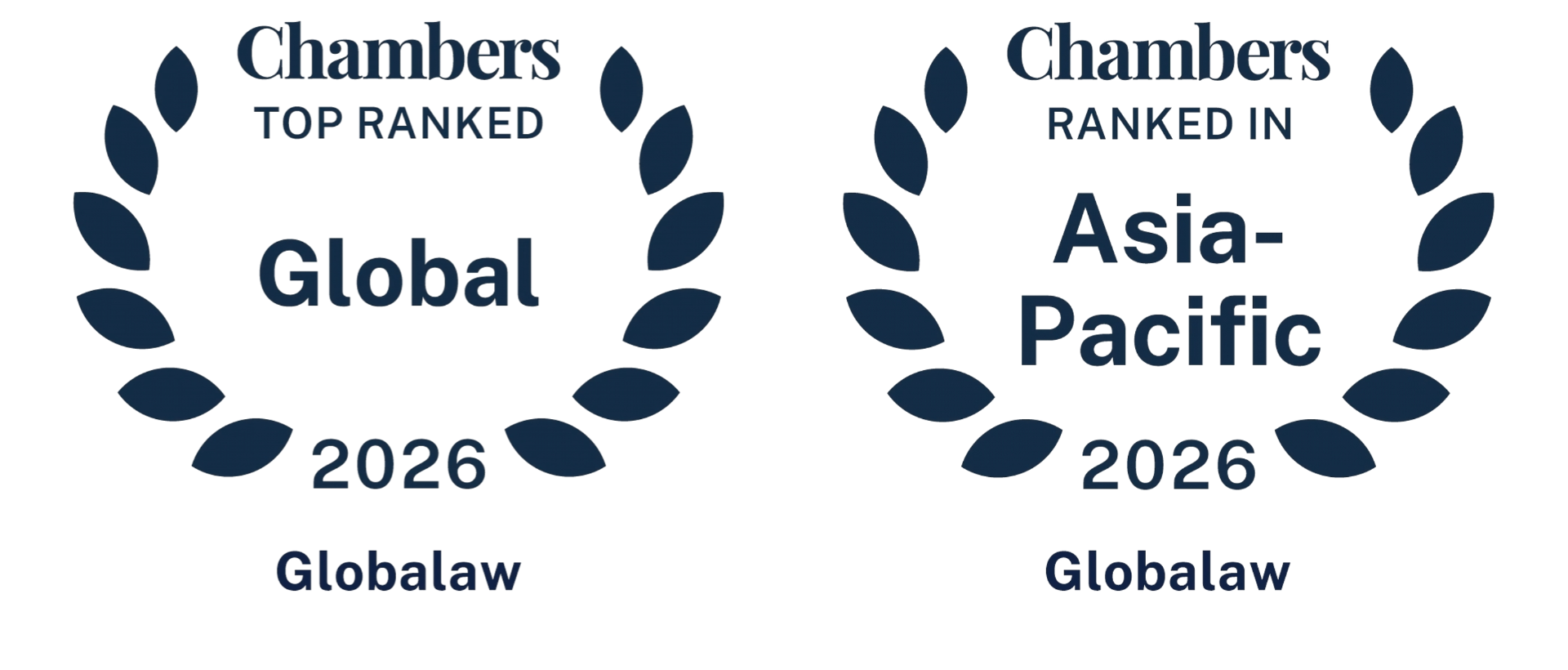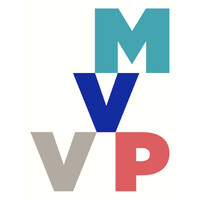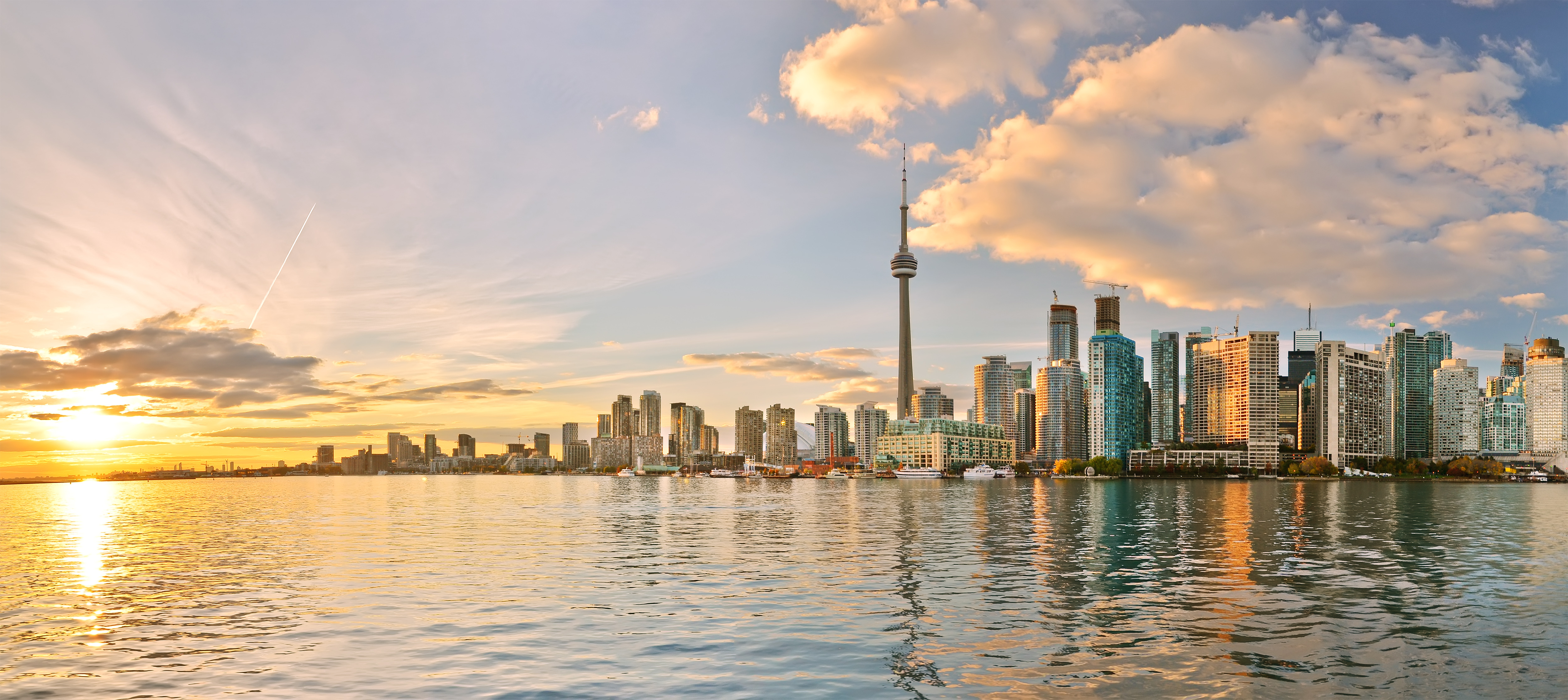Sports Law in Asia Pacific: Key Issues & Considerations
The Asia Pacific region has experienced a noticeable increase in commercial sports teams recruiting athletes from outside their home countries. For instance, basketball, volleyball and football players in the Philippines are increasingly sought after by Hong Kong, South Korea, and Japan clubs. Similarly, the recruitment of foreign student-athletes, primarily in basketball, volleyball, and football, is rising at the country’s universities and colleges.
Yet, sports law remains largely unregulated in the Philippines and many other jurisdictions. The absence of clear legal frameworks often creates ambiguity regarding an athlete’s rights and obligations, and many are unaware of their legal protections and responsibilities.
This article explores the key issues and considerations affecting sports law in the Asia-Pacific region.
Contractual Protection
Too often, athletes sign contracts without fully understanding the long-term implications, leading to disputes over payments, sponsorship obligations, image rights, or contract termination terms.
Furthermore, the internationalization of sports has significantly impacted contractual agreements. Contracts involving foreign athletes often raise complex legal issues, such as jurisdictional considerations, applicable law, and cross-border enforcement.
Additional complications arise with young athletes, requiring parental involvement or representation, and raising concerns about consent, capacity, and enforceability.
As a result, athletes and stakeholders, including sports clubs and organizations, national bodies, sponsors, broadcasters, agents, and data providers, are increasingly engaging legal counsel and representation for contract negotiation, regulatory compliance, dispute resolution, and sponsorship agreements.
Athlete & Sponsorship Agreements
Athlete and sponsor agreements and media rights are essential elements of the commercial framework surrounding modern sports. Today’s athletes increasingly act as social media influencers, endorsing consumer products like cosmetics, food, and apparel.
Athlete agreements typically include compensation, performance KPIs, image rights, media obligations, off-field conduct, injuries, and digital presence. Resembling talent agreements commonly found in entertainment, they tend to be heavily one-sided and complex, particularly when young or inexperienced athletes are involved, placing disproportionate control in the hands of sponsors, teams, or agents.
Sponsorship agreements usually include exclusivity clauses, activation rights, morality clauses triggered by athlete misconduct or reputational risks, and distinctions between team and personal sponsors.
In the Philippines, such arrangements remain primarily informal and are often carried out without written contracts. This lack of formal documentation exposes athletes to considerable legal and financial risks, including potential exploitation, misappropriation of likeness, and non-payment of sponsorship fees.
Media & IP Rights
As athletes continue to commercialize their personal brands, particularly through digital platforms, questions regarding the ownership and control of their name, image, likeness, and other Intellectual Property (IP) assets will necessitate careful legal consideration and clear contractual terms.
Events and competitions are increasingly monetizing sports data, highlights, and digital content, calling for sharper legal focus on trademark registration, licensing, and enforcement, especially regarding digital piracy, counterfeit merchandise, and unauthorized use of content online.
Media rights involve various legal considerations, including territorial and platform exclusivity, live and non-live content rights, digital distribution protocols, and revenue-sharing arrangements between leagues and athletes. Key concerns include
- Who owns athlete-generated content on social media?
- How is it monetized?
- What happens when it’s shared or sponsored independently of the league or club?
Dispute Resolution
Dispute resolution in sports is increasingly managed through arbitration and mediation. Institutions like the Court of Arbitration for Sport (CAS) are highly effective in preserving the integrity of sports by confidentially and efficiently resolving cross-border disputes and maintaining procedural fairness across jurisdictions.
Notable examples include doping appeals, disputes over athlete eligibility in international tournaments, and conflicts arising from broadcasting and sponsorship agreements.
Given the industry’s accelerating commercialization and globalization, regulatory bodies and legal counsel must stay vigilant in enforcing anti-corruption standards. This includes implementing whistleblower mechanisms, investigating match-fixing allegations, and adhering to codes of conduct set forth by international federations and national governing bodies.
Anti-Doping Laws
The global framework for anti-doping laws and compliance is primarily governed by the World Anti-Doping Agency (WADA), which outlines the World Anti-Doping Code, a unified set of standards designed to promote fairness, integrity, and health in sports. Member countries and sporting bodies are required to implement these standards through domestic legislation and regulatory policies.
The Indonesia Anti-Doping Organization (IADO) rebranded in 2022 to function as a professional and independent body, crucial in lifting WADA’s previous non-compliance sanctions on the country. The National Sports Committee of Indonesia (KONI) has partnered with IADO to promote anti-doping education and campaigns at all sports levels, from national to local.
Understanding IADO’s regulations and WADA’s standards is essential for ensuring athletes and support personnel are educated about anti-doping rules and compliant with testing procedures. Compliance also helps uphold integrity in sports.
A Specialized Law Partner You Can Trust
As the sports industry expands and professionalizes globally, the need for robust, adaptable, and forward-looking strategies becomes even more urgent. Whether addressing governance, commercial rights, athlete protection, or emerging digital challenges, experienced legal professionals are critical for shaping a transparent, fair, and sustainable sporting environment.
Globalaw’s Sports Law Taskforce is a dedicated advisory group of 22 member firms and over 30 attorneys in jurisdictions around the world. Through specialized legal counsel and representation that addresses multifaceted issues and cross-border needs, we help our clients develop and implement a legal framework that protects and empowers their interests for today and tomorrow.
Download the Globalaw Sports Law Taskforce brochure or contact me for more information about our capabilities.







